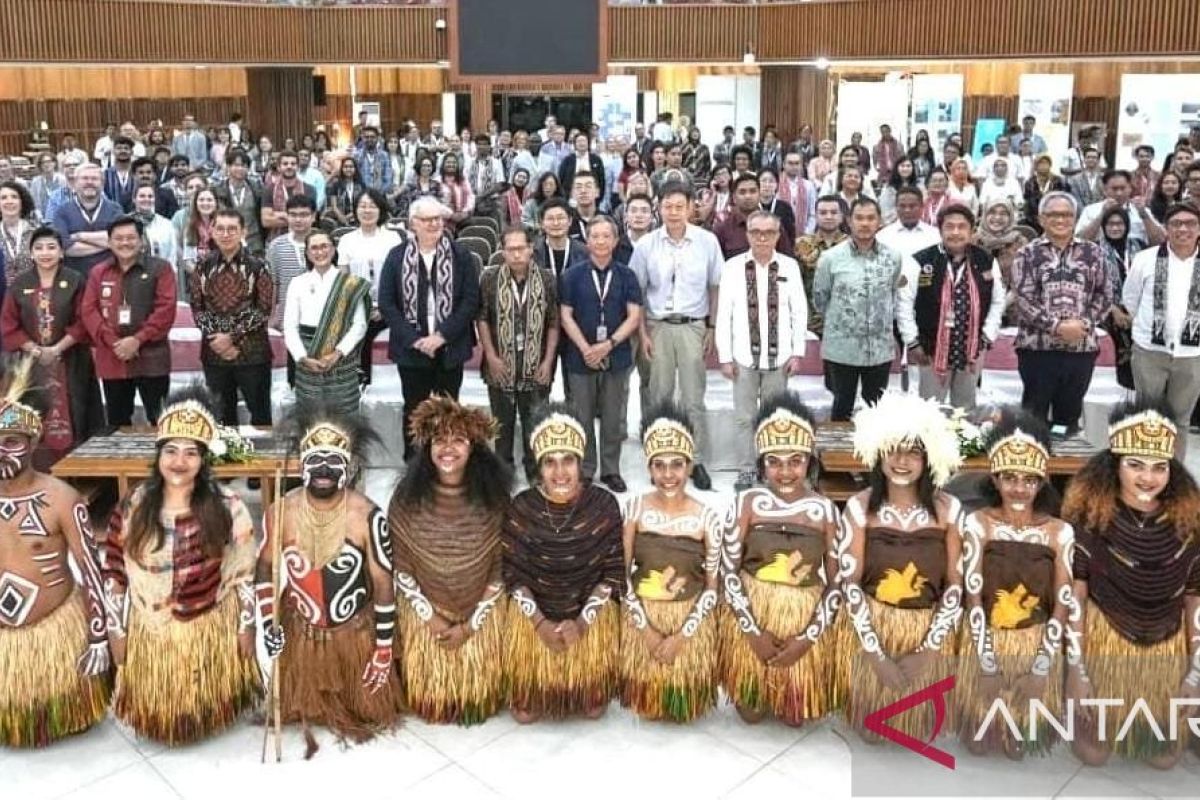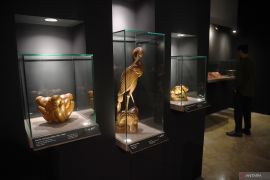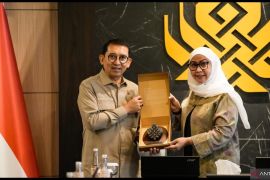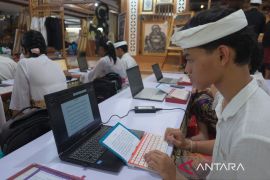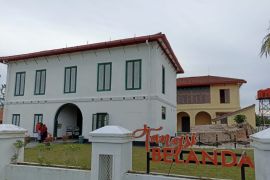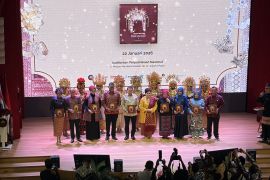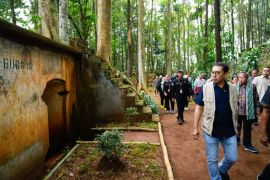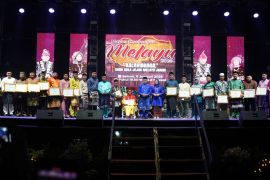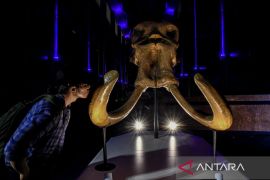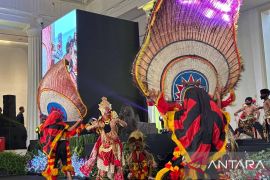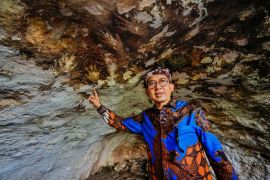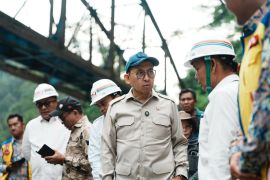“Indonesia is home to more than 1,340 ethnic groups across 17,000 islands and guardian to 718 languages — about 10 percent of the world’s linguistic heritage,” Zon said in a statement received in Jakarta on Tuesday.
He said Indonesia’s diversity represents interconnected civilizations built on systems of knowledge, rituals, oral traditions, and maritime heritage that trace human life across millennia.
At the conference, Zon announced Indonesia’s plan to repatriate the Pithecanthropus erectus fossil, discovered by Dutch paleoanthropologist Eugène Dubois 135 years ago on the Bengawan Solo River.
He said the initiative marks a milestone in restoring cultural sovereignty and advancing historical justice.
“More than half of the world’s Homo erectus fossils were found in Indonesia. Yet for over a century, discussions on human origins relied on them while most Indonesians could not see them at home. That era ends now,” he said.
He added that last month the Ministry of Culture successfully repatriated the Dubois Collection from the Netherlands, including 28,131 fossils and contextual records from Java and Sumatra — a milestone he described as an act of restorative justice.
Zon said Indonesia’s prehistoric caves preserve a continuous narrative of human origin, adaptation, and creativity.
“Indonesia possesses the world’s oldest known narrative painting, estimated at 51,200 years old, discovered in Leang Karampuang Cave, South Sulawesi,” he said.
He noted that in West Sumatra’s Lida Ajer Cave, Homo sapiens remains show evidence of life in tropical rainforests more than 60,000 years ago.
“In South Sumatra’s Harimau Cave, cultural layers dating back 22,000 years trace human development up to the early Metal Age,” he said.
He added that karst caves in East Kalimantan and Southeast Sulawesi contain thousands of pictographs depicting hunting, rituals, and maritime life of Austronesian seafarers whose voyages shaped Southeast Asian and Indo-Pacific cultures.
Zon said that in an era of globalization and rapid technological change, the future of Indonesia’s heritage depends on sustainable preservation and responsible use.
He reaffirmed Indonesia’s constitutional commitment under Article 32 (1) of the 1945 Constitution, which mandates the state to advance national culture within global civilization.
“Indonesia is determined to build its cultural identity and position itself as the ‘World Capital of Culture’ through protection, revitalization, and cultural diplomacy,” he said.
Zon also called on the UISPP community and international scholars to strengthen collaboration in advancing global cultural understanding with Indonesia’s active participation.
Related news: Indonesia to launch CERIA system for early childhood monitoring
Related news: Minister reaffirms access to culture programs for practitioners
Related news: Papalele: Symbol of women's resilience, now Maluku's cultural heritage
Translator: Sinta, Aria Ananda
Editor: Azis Kurmala
Copyright © ANTARA 2025
